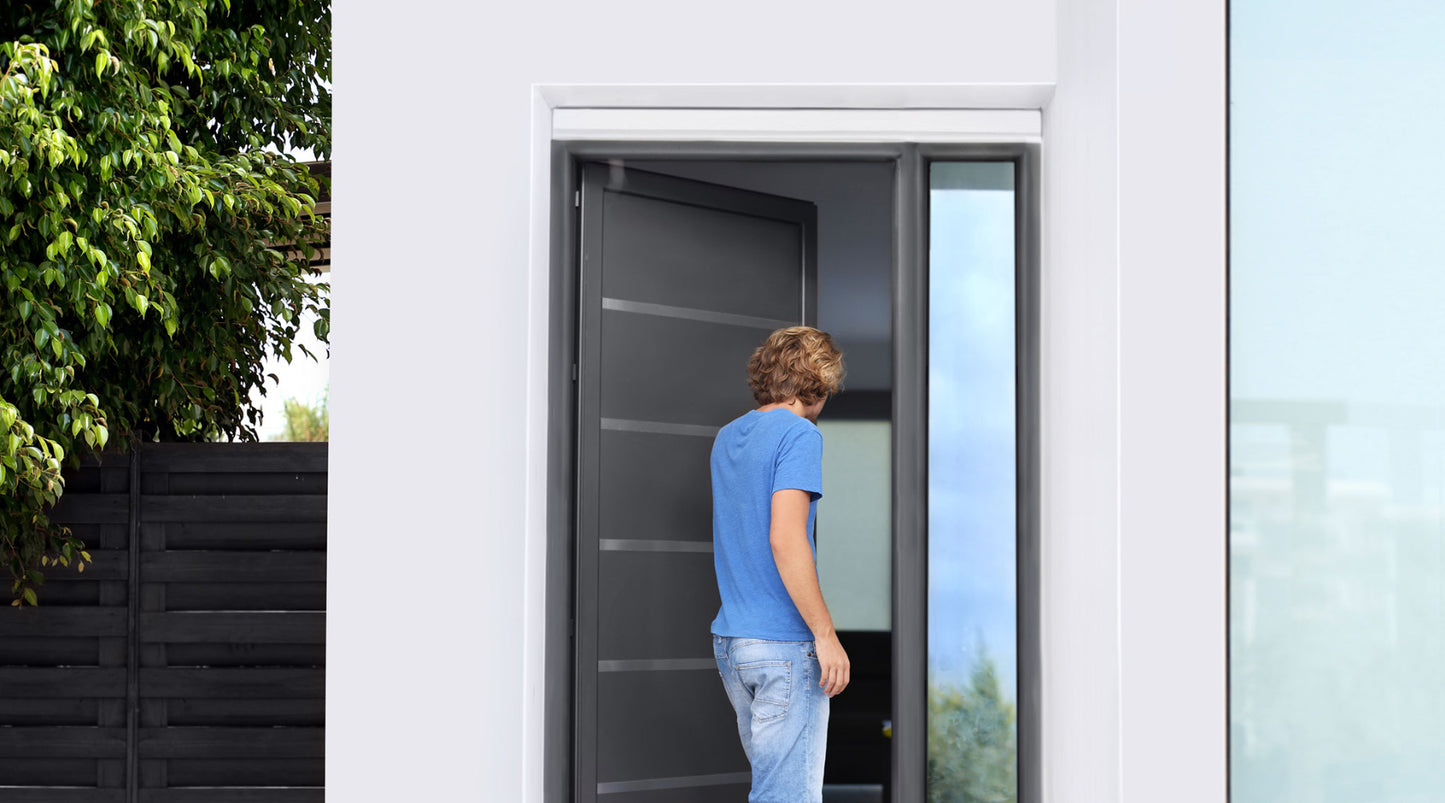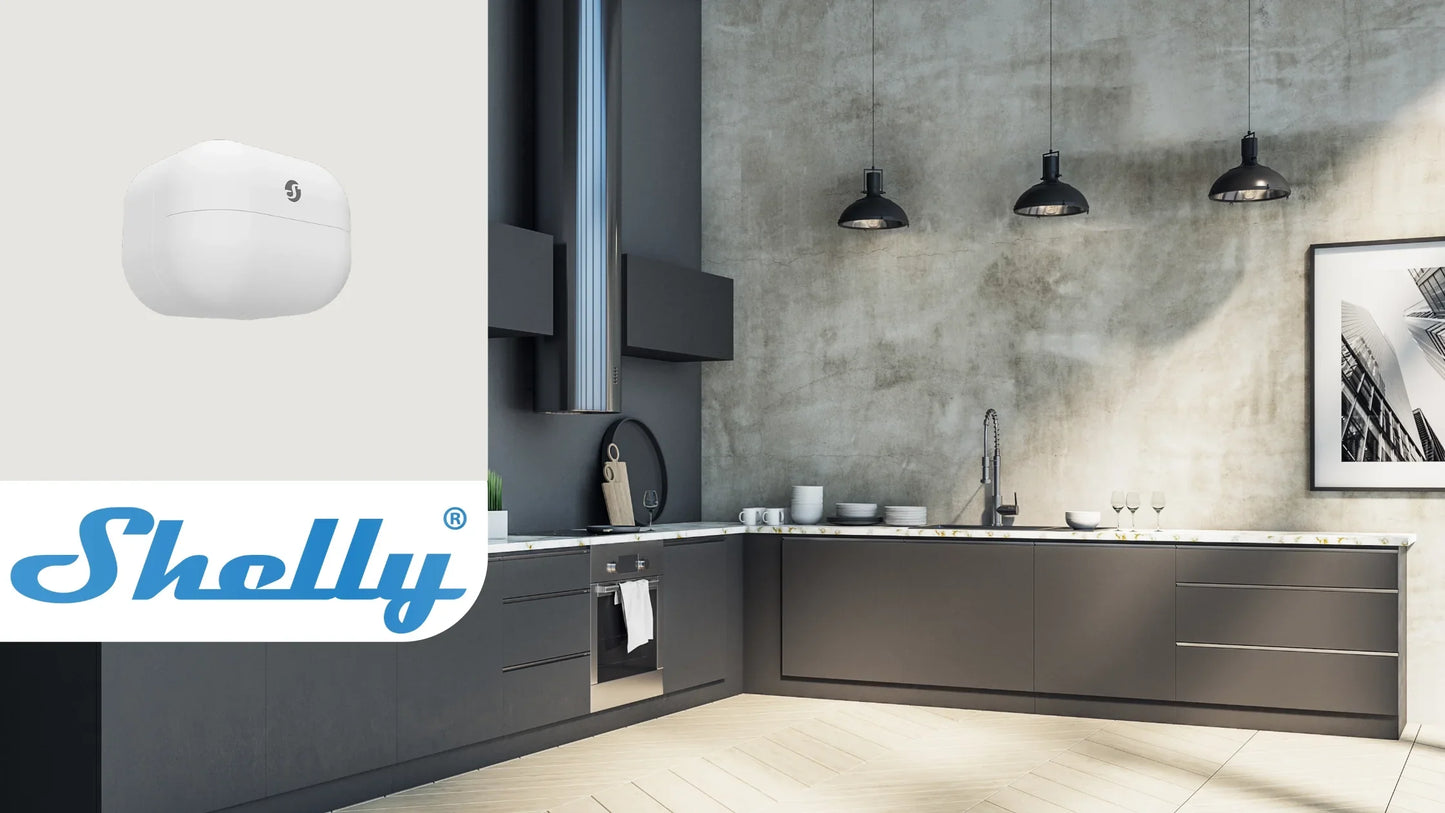In the ever-evolving landscape of technology, innovations have touched every aspect of our lives, including the way we secure our homes. Smart locks have emerged as a game-changer in home security, offering an array of features that surpass traditional locks of the past. In this blog, we'll delve into the evolution of door locks, explore the features and benefits of smart locks, and highlight two outstanding products, the Yale Unity Entrance Lock and the Yale Assure Digital Deadbolt, as prime examples of the technology transforming our homes.
I. A Brief History of Door Locks: From Ancient to Modern
Door locks have a rich history that dates back thousands of years. Early locks were found in ancient Egypt and Mesopotamia, consisting of wooden devices with crude mechanisms. Over the centuries, locks evolved, and in the 18th century, the lever tumbler lock was patented, becoming the basis for many modern pin-tumbler locks. However, traditional locks were limited in their functionality and required physical keys, which could be lost or duplicated, leading to security vulnerabilities.

"From wooden devices to digital wonders – the evolution of door locks is a testament to human ingenuity."
II. Smart Locks: A New Era of Home Security
1. Enhanced Security Features:
Smart locks, like the Yale Unity Entrance Lock, utilise patented digital deadlocking technology and meet rigorous lock standards, providing a higher level of security compared to traditional locks. With lock alert indications, users can easily monitor the status of their locks, ensuring peace of mind and always knowing their homes are protected.
2. Convenience and Access Management:
One of the standout benefits of smart locks is their convenience and multiple access control options. The Yale Unity Entrance Lock allows users to manage access effortlessly through the Yale Access App, key cards, or the optional Yale Smart Keypad. Smart locks offer a seamless way to grant access and track visitor activity.
3. Auto-Unlock and Proximity Sensing:
Smart locks, like the Yale Unity Entrance Lock, utilise Bluetooth, Wi-Fi, and GPS technology to automatically unlock the door as users approach, simplifying entry and eliminating the need for traditional keys. Additionally, door position sensors add an extra layer of security, notifying users if the door is open or closed at all times.
4. Integration with Smart Home Technology:
The Yale Assure Digital Deadbolt is a prime example of a smart lock that seamlessly integrates into the smart home ecosystem. With the Yale Z-Wave Network Module, users can connect the lock to their home automation and alarm systems, enjoying a complete smart home experience with enhanced security and convenience.
III. Comparison to Traditional Locks: Embracing the Future
Smart locks have revolutionised home security by addressing many of the shortcomings of traditional locks. While traditional locks served their purpose in the past, they were often vulnerable to picking, bumping, and unauthorised duplication of keys. Smart locks, on the other hand, use advanced encryption and authentication methods, making them significantly more secure.
Moreover, the ability to remotely manage smart locks through smartphones and smart home hubs adds unparalleled convenience. With features like "Twist and Go" and touchscreen keypads, users can unlock doors without fumbling for keys, providing an improved user experience and enhanced security.

"From vulnerable past to secure future – smart locks are the sentinels guarding our homes."
Smart locks represent a significant leap forward in home security, blending advanced technology with convenience and robust security features. The Yale Unity Entrance Lock and the Yale Assure Digital Deadbolt exemplify the transformative power of smart locks, providing homeowners with top-notch security and peace of mind. As we bid farewell to the limitations of traditional locks, embracing the future of smart home security will undoubtedly lead us to a safer, more connected world.




